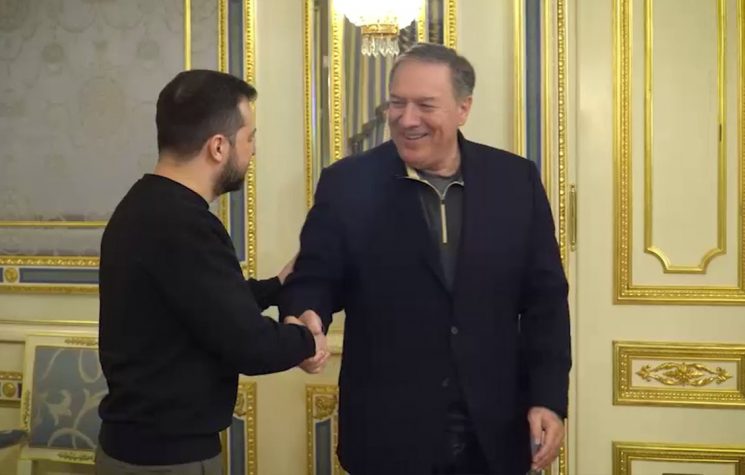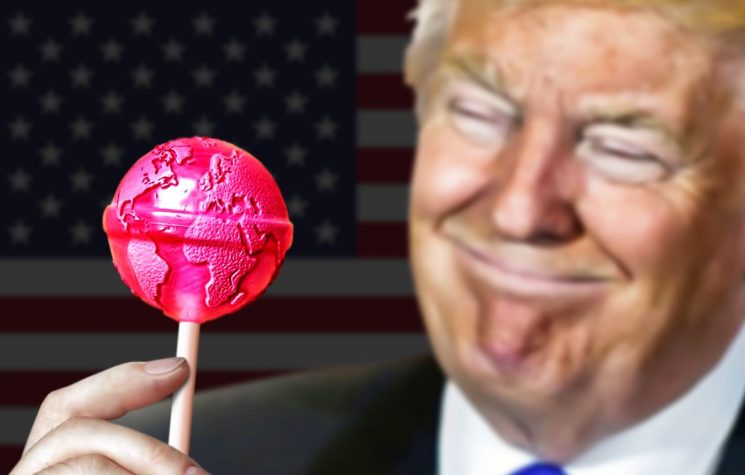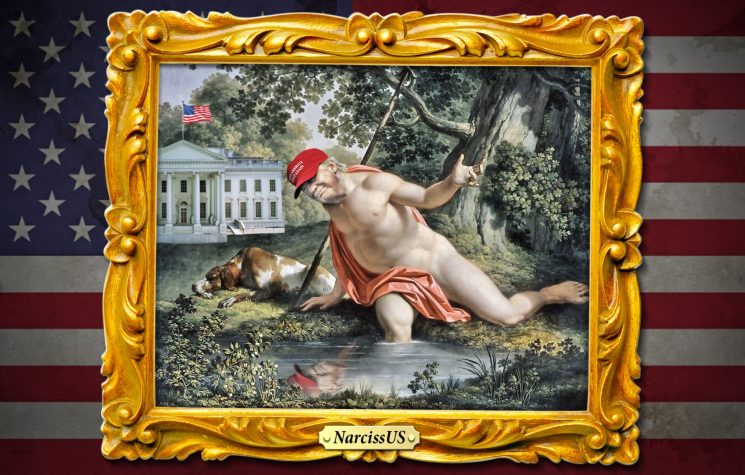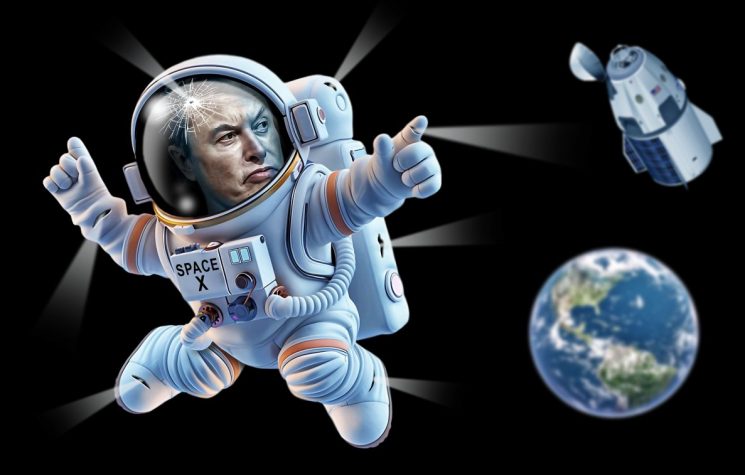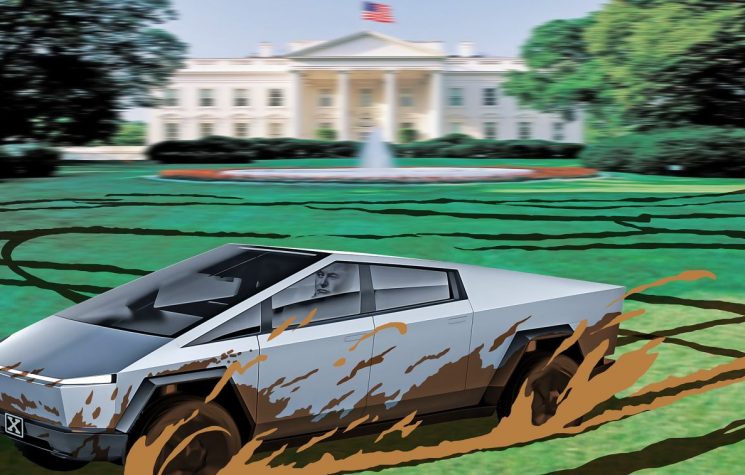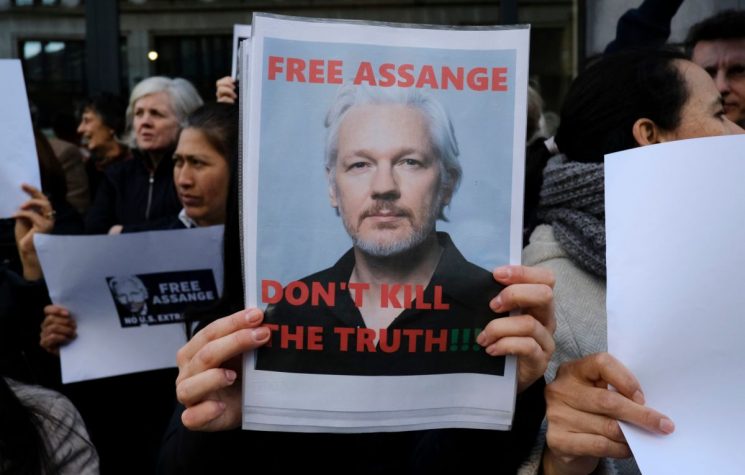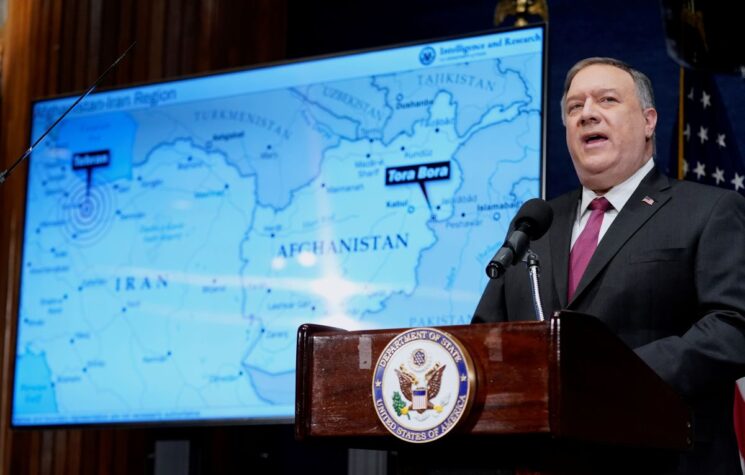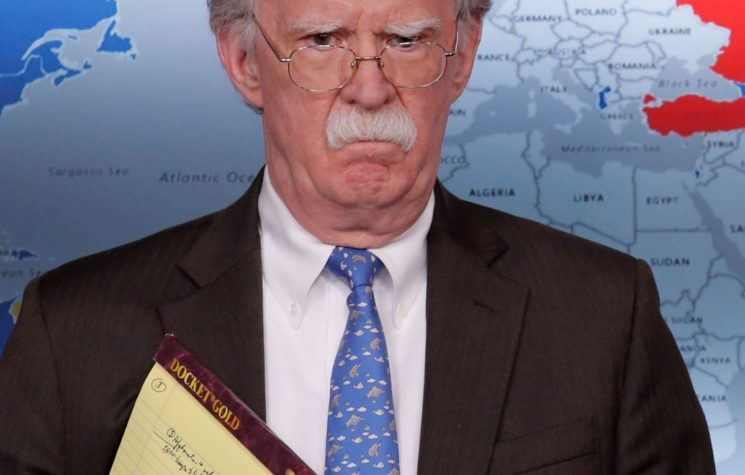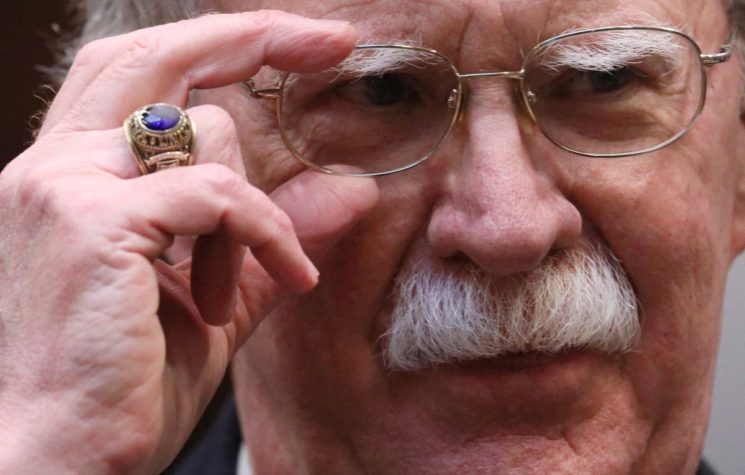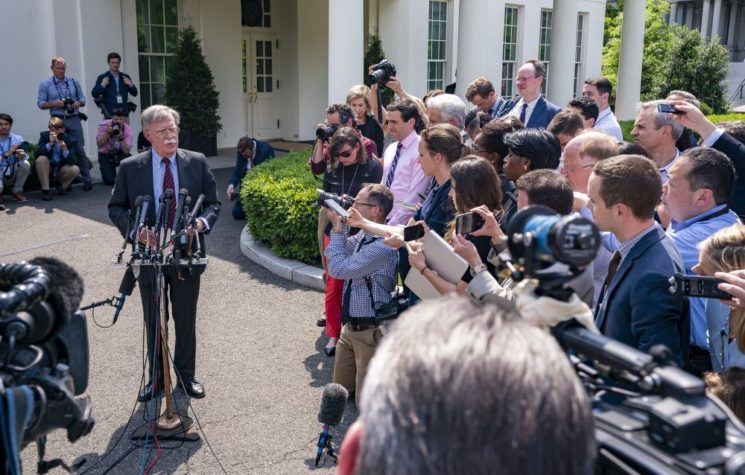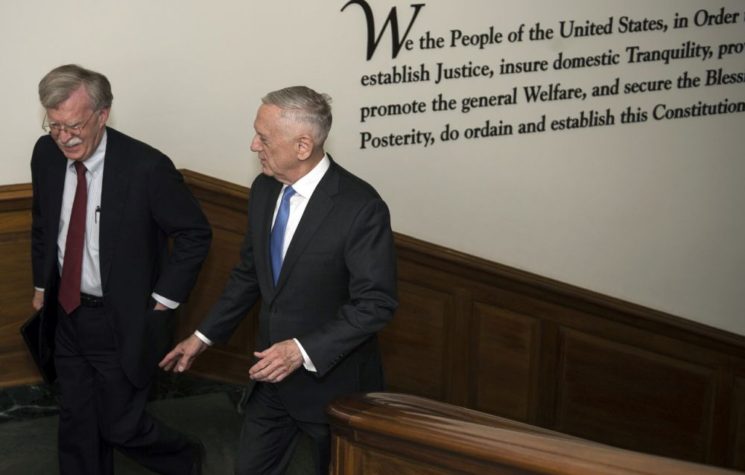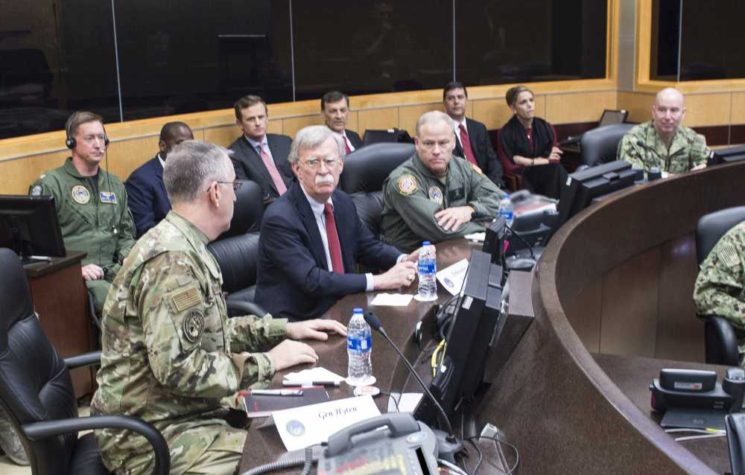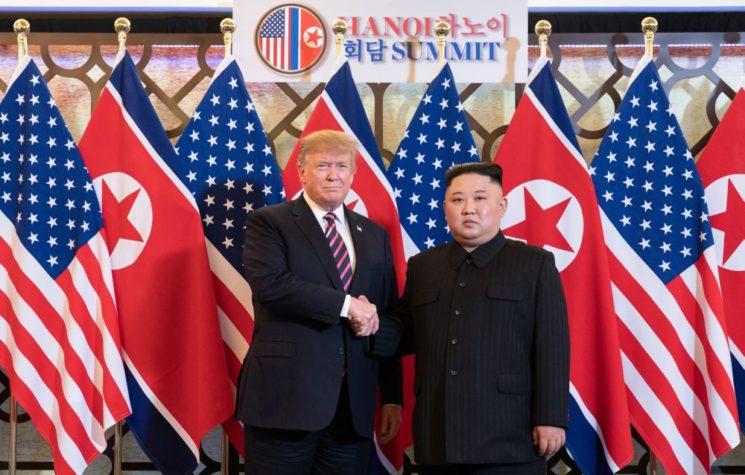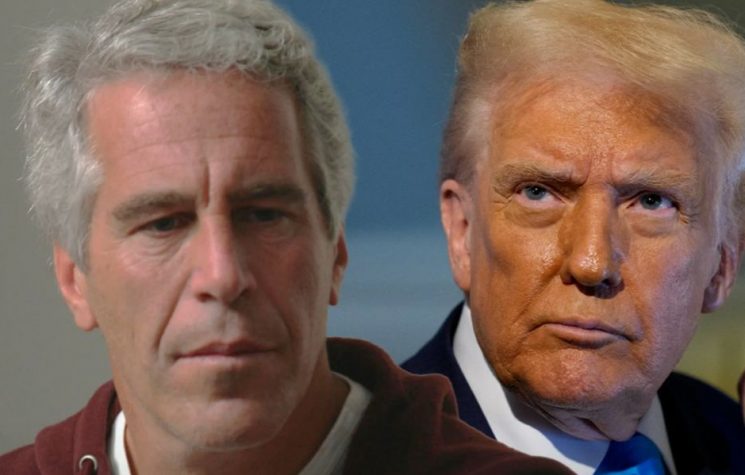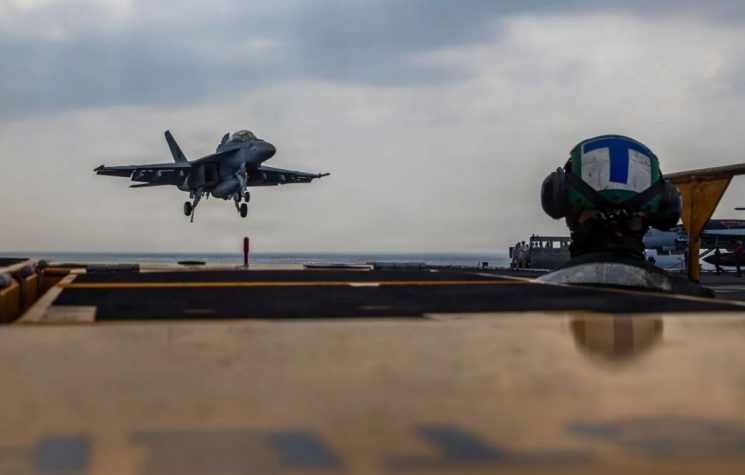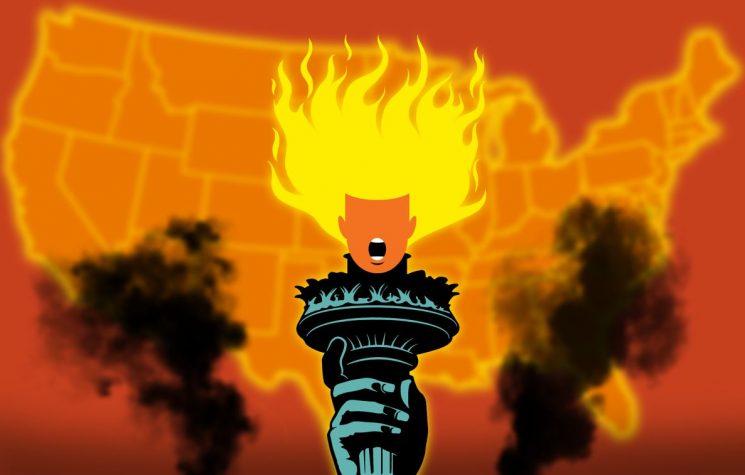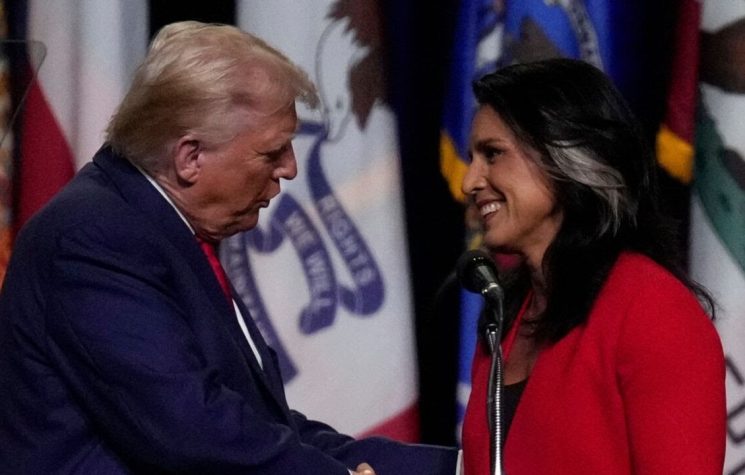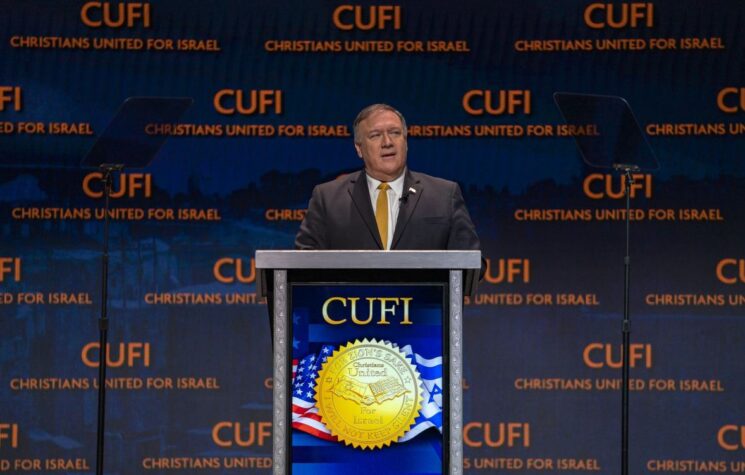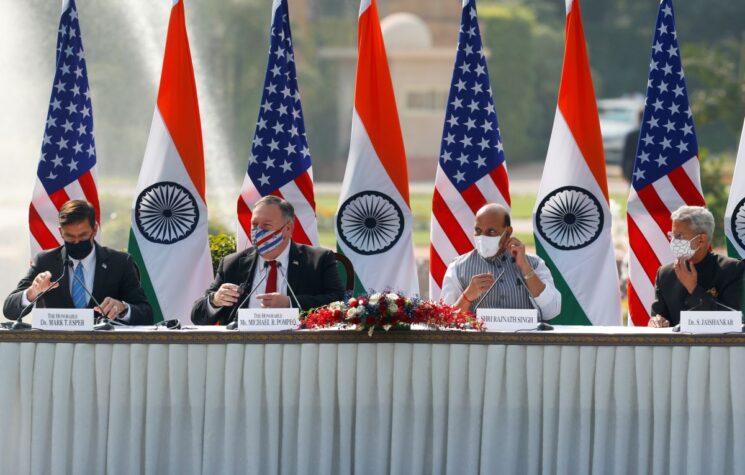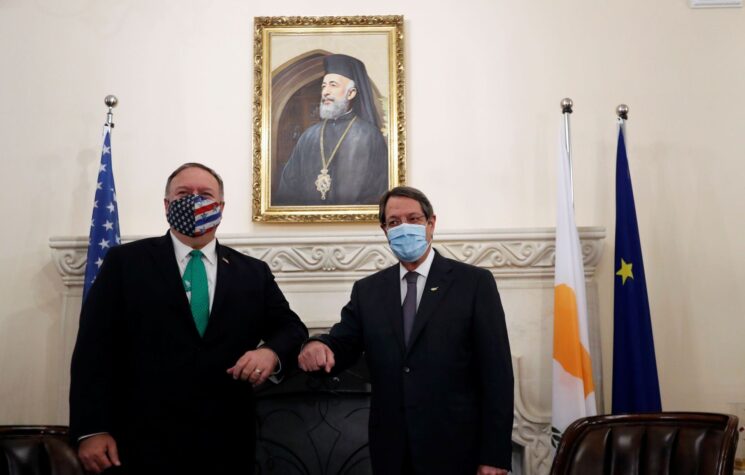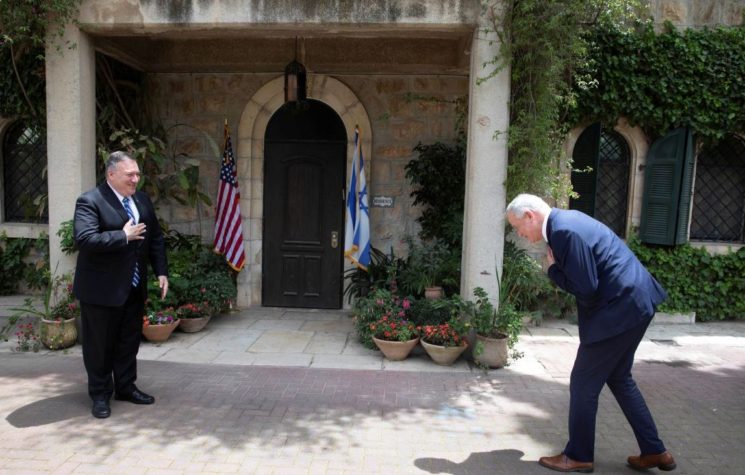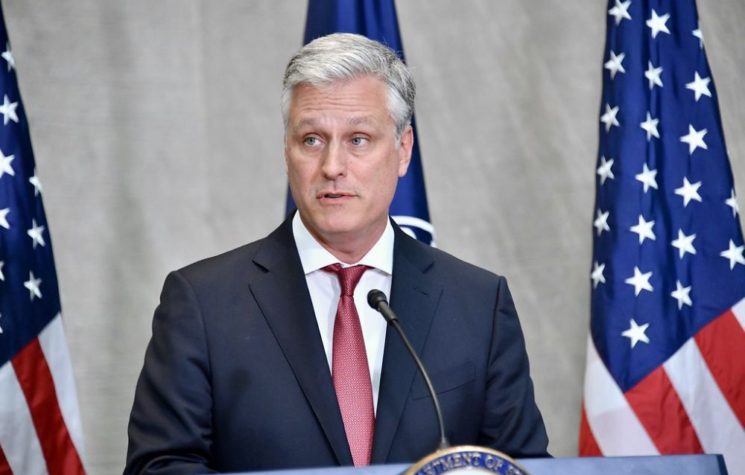Trump’s instincts still remain that a channel with Mr Putin is essential. But the demonization of Russia will not be stilled with the publication of the Mueller investigation. It will just swap to a new narrative.
On March 14, Russia’s National Security Council, headed by President Putin, officially raised its perception of American intentions toward Russia from “military dangers” (opasnosti) to direct “military threats” (ugrozy). In short, the Kremlin is preparing for war, however defensive its intention.
Why? Why would Putin do that? ‘Trump doesn’t want more wars … He has consistently called for good relations with Moscow. And now that Mueller has come up with zero …’.
This is the familiar refrain that suggests that a confrontation with Russia simply cannot happen: “It wouldn’t make any sense: it would not be rational”. Well, maybe Russia is reading the ‘tea-leaves’ differently, and maybe they simply understand that when it comes to wars, it is often the non-rational that trumps the rational.
As Russia might view things, the precursors for a conflict in the Middle East are fast falling into place. On the one hand, we have a very hawkish Israel, ‘pie-eyed’ from large draughts of team Trump’s ‘Greater Israel’ cool-aid; then we have Bolton prosecuting his ancient hatred for Iran – trying to corner the Republic, and to implode it.
These represent major clashes of tectonic plates, especially as the northern tier of the region (including Turkey) is now with Iran (to one, or other extent). Moscow will be aware that colliding tectonic plates release hot plasma, which all too easily can spread to scald Russia.
And then, we have other shifts in the tectonic plates: Turkey is inching toward Russia and China, and so – it seems –might be Egypt (after Sisi’s recent altercation in Washington). Translated – this all says that the US is fast losing its hold over the Middle East. And Russia, whether intentionally, or not (more ‘not’, than actively ‘sought’), is increasing its’ reach.
Usually, such occurrences are met with Washington decreeing a hard slap over the head for Moscow’s Promethean ‘impudence’. But … actually, America is almost out of substantive allies in the Middle East – except ‘the one’.
Yes, indeed – up to this point, we are dealing with the rational chessboard. So, what about the ‘non-rational’?
Let us go first, to basics: 80% of white evangelicals voted for Trump in 2016, and his popularity amongst them remains high – in the 70s percent. Whilst other white voters may have become disheartened by Trump’s foreign policy (the Saudi embrace), white evangelicals have become his last, solid bastion. They are not insignificant either: they form some 25% of all Americans.
Professor of Religious Studies, Andrew Chesnut tells us that Christian Zionism has become the “majority theology” among white US Evangelicals. In a 2015 poll, 73% of evangelical Christians said events in Israel are prophesied in the Book of Revelation. For Christian Zionists, achieving a ‘Greater Israel’ is one of the key preconditions for ‘Rapture’. It is a belief, known as pre-millennial dispensationalism or Christian Zionism, Chesnut says.
“Trump himself embodies the very opposite of a pious Christian ideal. Trump is not a churchgoer. He is profane, twice divorced, who has boasted of sexually assaulting women. But white evangelicals have embraced him, writes Julian Borger.
“Some leading evangelicals see Trump as a latter-day King Cyrus, the sixth-century BC Persian emperor who liberated the Jews from Babylonian captivity. The comparison is made explicitly in The Trump Prophecy, a religious film screened in 1,200 cinemas [last year], depicting a retired firefighter who claims to have heard God’s voice, saying: “I’ve chosen this man, Donald Trump, for such a time as this …
“Cyrus is the model for a nonbeliever, being appointed by God as a vessel for the purposes of the faithful,” said Katherine Stewart, who writes extensively about the Christian right. She added that they welcome [Trump’s] readiness to break democratic norms, to combat perceived threats to their values and way of life.
Mike Pompeo and Vice-President Pence are strongly of this Evangelical orientation. It is something that has real import for foreign policy: During his tenure as CIA director, and before that as a member of the House of Representatives, Pompeo has consistently used language that casts the war on terrorism as a cosmic, divine battle of good and evil. He has referred to Islamic terrorists as destined to “continue to press against us until we make sure that we pray, and stand and fight, and make sure that we know that Jesus Christ is our savior, and is truly the only solution for our world”.
The proscription of Iran’s IRGC, by Pompeo was couched in exactly this language of terrorism, with the clear connotation that Iran is the cosmic ‘evil’. This style of Apocalyptic or Rapture language has been adopted wholesale by Trump, and his Administration. “To worship our Lord and celebrate our nation at the same place, is not only our right,” Pompeo told attendees at a Kansas rally in 2015: “It is our duty.” He added, “We will continue to fight these battles,” the then Congressman said at a church in Wichita. “It is a never-ending struggle … until the Rapture. Be part of it. Be in the fight!”
Pompeo’s reference to Rapture is important: The Rapture, Tara Burton notes, “is a distinctively American theology that says Christians will be taken up, or “raptured,” into heaven, at the onset of the End Times … and a number of GOP politicians allow their belief in Rapture theology to influence their political worldview. Because the Rapture is ultimately desirable — it marks the return of Jesus Christ — anything that hastens it, is desirable too. For many evangelicals, apocalyptic “good versus evil” battles, particularly centred over the “Holy Land” of the Middle East, are signs that the longed-for end may be at hand”.
So, how does all this balance out? Well, the pivot is the Las Vegas Casino billionaire, Sheldon Adelson. He donated $82 million to Trump and other Republican candidates during the 2016 election. Trump has consciously courted the moneyed Jewish diaspora Right, but Adelson’s significance lies more with his passionate commitment to Netanyahu’s “Greater Israel” political agenda, and to strengthening ties between the Republicans’ evangelical base and Israel.
And just to be clear, the ‘Greater Israel’ mission is similarly rooted in ‘End of Time’ biblical theology. David Ben-Gurion, the “father of the nation”, was a firm believer in the ‘mission’, declaring: “I believe in our moral and intellectual superiority; and in our capacity to serve as a model for the redemption of the human race”. At the 2003‘Jerusalem Summit’, whose participants comprised three acting Israeli ministers (and included Netanyahu, and Richard Perle from the USG), the group solemnly professed: “We believe that one of the objectives of Israel’s divinely-inspired rebirth, is to make it the center of the new unity of the nations, which will lead to an era of peace and prosperity, as foretold by the Prophets”.
As Larent Guyénot observes, Zionism, in fact, has always been about a New World Order, under the mask of ‘nationalism’. It is with the Adelson lynchpin too, that John Bolton fits in. Bolton is no evangelical. He says that to call him a neoconservative “is clearly not accurate”, by which he explicitly means that he never shared the desire to ‘spread democracy’ as other mainstream neoconservatives did. He does however, hold to the belief that America (and Israel) are ‘chosen’ to lead and shape the global order. This may not be strictly a ‘religious’ expression, but it is a prime example of a millenarian ‘project’ that emphatically denies religion, yet is in fact a vehicle for religious myth – Judeo-Christian myth.
Bolton says it explicitly: “I would describe myself as pro-American. The greatest hope for freedom for mankind in history is the United States, and therefore protecting American national interest is the single best strategy for the world.”
The American millenarian ‘myth’, then and now, was (and is), similarly rooted in a messianic belief in the Manifest Destiny of the United States: ‘the New Jerusalem’ that would represent humanity’s best hope for a utopian future. This belief in a special destiny (being ‘chosen’) is reflected in a conviction that the United States must lead – or more properly, has the duty to coerce – mankind towards its universalist destiny.
Adelson’s role then – using his own money – has been to resurface neoconservative policies: Policies that had been discredited after the US invasion of Iraq, and to reconnect these policies to the Israeli Right (as they were, before the war on Iraq). This whole is underpinned through the extensive Evangelical base that forms Trump’s key constituency. Both Pompeo and Bolton are reportedly Adelson’s protégés, whom Adelson pushed into their key positions in the White House, as a part of his political architecture.
And with the resurfacing of neoconservative policies, comes, inevitably, their ancient attitude towards Russia as an existential struggle that can have only one outcome – Russia’s collapse, leading to regime change – either via war or means short of war. All elements of western policy are geared to that one inalterable objective.
Former US diplomat, James Jatras, remarks [that these American millenarians] “hate Russia not for what it does, but for what it is: an obstacle to absolute global domination by a US-led [New World Order]. Russia’s deployment of the most powerful weapons imaginable – perhaps can limit the military aspect of that agenda, but it cannot reverse it. Quite to the contrary, such actions, like Moscow’s defensive moves after the 2014 regime change in Ukraine; or Russia’s 2015 deployment in Syria; or current presence in Venezuela, are held up as further “proof” of Russians’ “typically, almost genetically driven” aggressiveness, in the words of former CIA Director James Clapper.”
“With Robert Mueller’s pointless investigation concluded, nothing has improved, nor can there be much expectation that it will”. Jatras quotes [Gilbert] Doctorow:
“… the step by step dismantling of the channels of communication, of the symbolic projects for cooperation across a wide array of domains, and now dismantling of all the arms limitation agreements that took decades to negotiate and ratify, plus the incoming new weapons systems that leave both sides with under 10 minutes to decide how to respond to alarms of incoming missiles – all of this prepares the way for the Accident to end all Accidents. Such false alarms occurred in the Cold War; but some slight measure of mutual trust prompted restraint. That is all gone now, and if something goes awry, we are all dead ducks”.”
One might perceive that this broad ‘dismantling’ of channels, agreements and commitments came about as some unexplained, extraneous ‘happenstance’. If so, it would be wrong: No, it represents signature Bolton thinking. He says:
“America has slowly constrained its range of action, through foolhardy entanglements with international institutions such as the United Nations, and naive bilateral agreements that promised too much to America’s enemies, in exchange for too little. [Bolton] saw bad deals all around: The INF Treaty … was one. The Iran nuclear agreement, which Bolton has laboured tirelessly to scrap, was another.”
So, why should Trump acquiesce in this road to calamity?
Trump was raised as a Presbyterian, but leaned increasingly towards Evangelical preachers as he began contemplating a run for the presidency, Katherine Stewart observes. Trump’s choice of Pence as a running mate was a gesture of his commitment.
But, having lost control of the House of Representatives in November, and under ever closer scrutiny for his campaign’s links to the Kremlin, Trump’s instinct has been to cleave ever closer to his most loyal supporters. Almost alone among major demographic groups, white evangelicals are overwhelmingly in favour of Trump’s border wall, which some preachers equate with fortifications in the Bible, Stewart suggests.





















